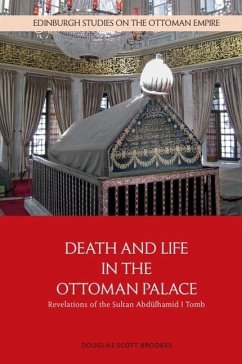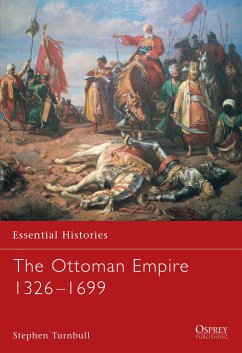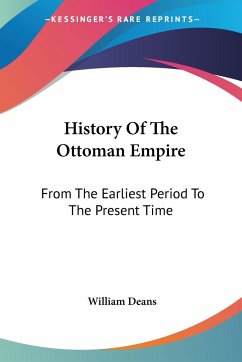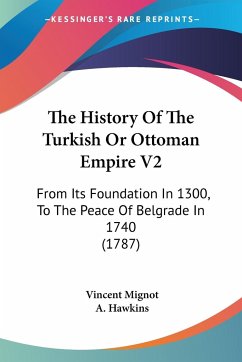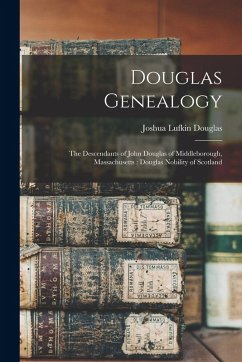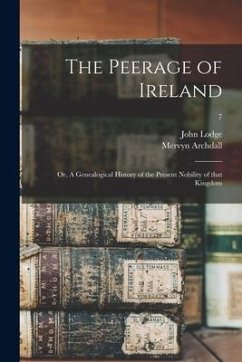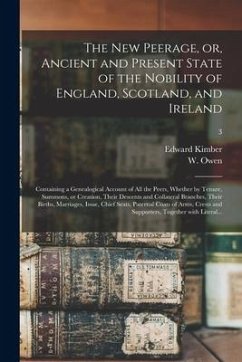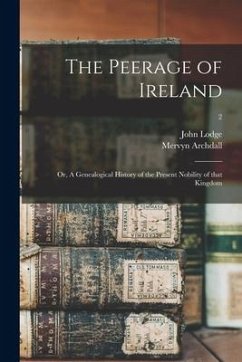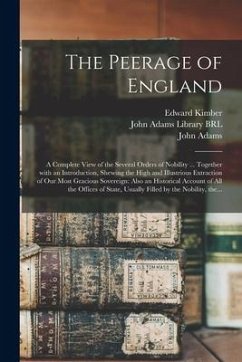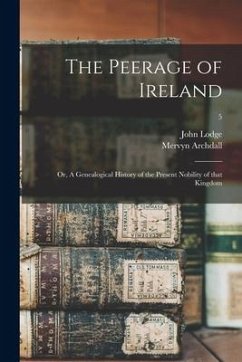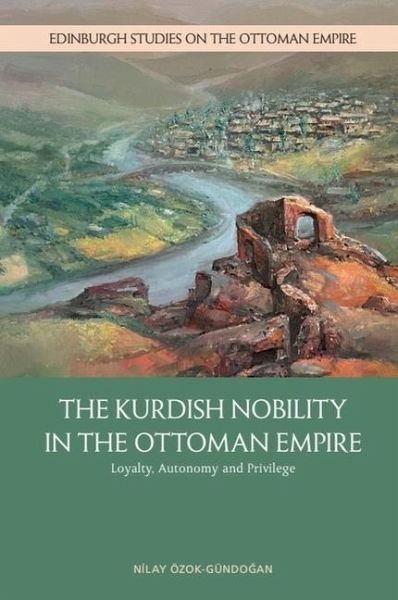
The Kurdish Nobility in the Ottoman Empire
Loyalty, Autonomy and Privilege
Versandkostenfrei!
Versandfertig in über 4 Wochen
40,99 €
inkl. MwSt.

PAYBACK Punkte
20 °P sammeln!
Studies the making and unmaking of the Ottoman Empire's Kurdish nobility This book is a study of the rise and fall of Kurdish nobility in the Ottoman Empire from the 16th to the 19th centuries. Focusing on one noble family based in Palu, a fortressed town in Kurdistan, the book provides the first systematic, longue durée analysis of the Kurdish hereditary nobility in the Ottoman Empire. The author offers a fresh perspective on what enabled the Kurdish nobility to survive for so long; the dynamics of Ottoman-Kurdish relations on the ground; the processes that brought the privileged status of t...
Studies the making and unmaking of the Ottoman Empire's Kurdish nobility This book is a study of the rise and fall of Kurdish nobility in the Ottoman Empire from the 16th to the 19th centuries. Focusing on one noble family based in Palu, a fortressed town in Kurdistan, the book provides the first systematic, longue durée analysis of the Kurdish hereditary nobility in the Ottoman Empire. The author offers a fresh perspective on what enabled the Kurdish nobility to survive for so long; the dynamics of Ottoman-Kurdish relations on the ground; the processes that brought the privileged status of the Kurdish nobles to an end; and the consequences of the destruction of the Kurdish nobility. The abolishment of the Kurdish begs' hereditary privileges and the confiscation of their lands triggered a 5 decade-long conflict between begs, Armenian financiers, Armenian and Muslim sharecroppers and the Ottoman state over the fertile lands of Palu. The Kurdish Nobility in the Ottoman Empire examines the escalation of the intercommunal conflict in Palu within the context of the changing careers - and diminishing wealth and authority - of the Palu begs and the growing hostility between them and the district's Armenian population. Nilay Özok-Gündoğan is an Assistant Professor in the Department of History at Florida State University.



